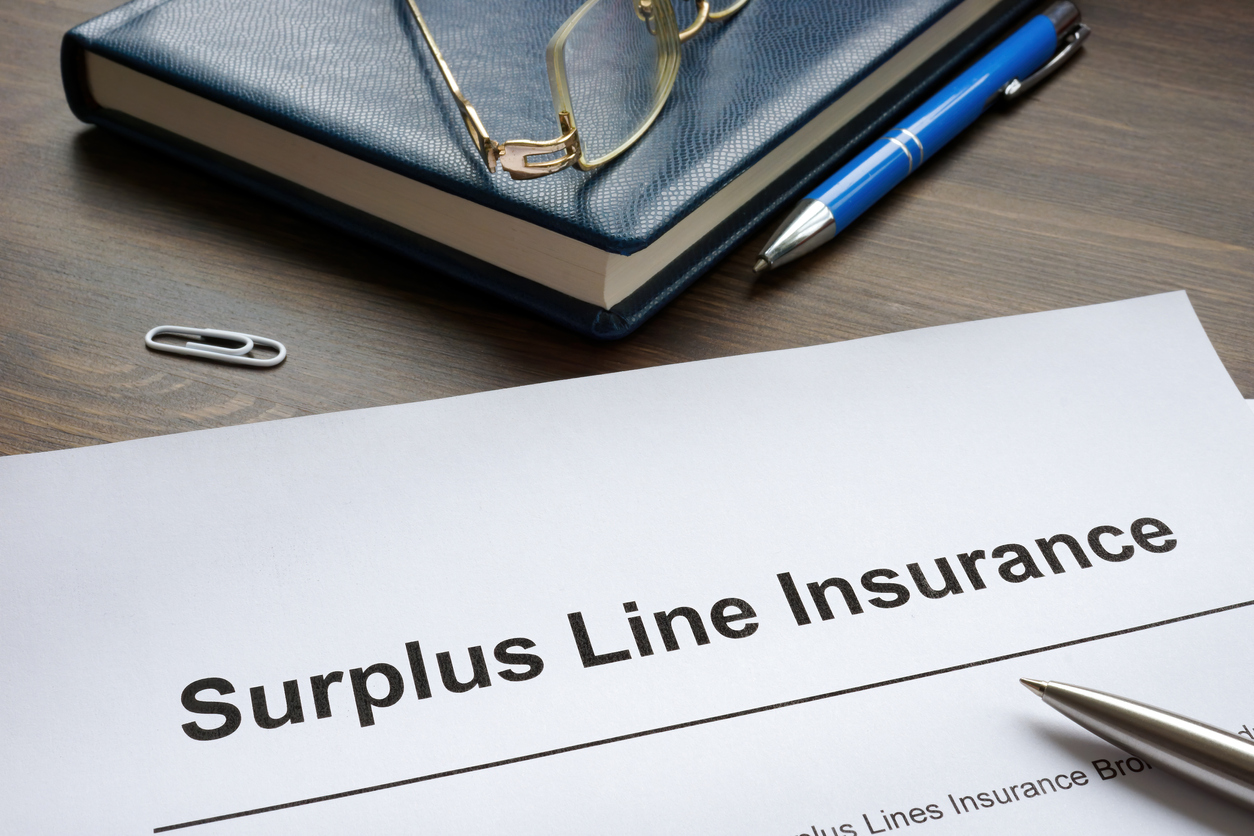Clients often have questions about the necessity of certain insurance coverages, and this is undoubtedly the case with excess and surplus lines insurance. Familiarity with the products you offer helps sell this option, but being able to address the client’s liabilities specifically is the prime reason for establishing coverage. Although insurance coverage is complex, it should be understandable to the client.
Clearing Up Confusion on Excess and Surplus Lines Insurance
As a broker, clearing up any misunderstanding on an excess and surplus policy enables you to meet a client’s needs better. Surplus lines address the gap in coverage often left by traditional license insurers who refuse coverage because of the significance of the risks. Sometimes, the risk is unfamiliar to the insurer or doesn’t meet eligibility criteria. Thus, the benefit of a surplus line is the customized coverage in seemingly un-insurable situations.
High Capacity Risks
You have clients who probably operate a business in high-risk environments. Therefore, providing them with a policy covering their needs is vital. These businesses work with dangerous equipment and face severe hazards daily. Moreover, the severity of the risk denies them rights to specific insurance coverage.
Our P&C brokerage team offers solutions for potential high-risk environments where your clients operate in. Likewise, it could also help cover an entity in a hurricane or disaster zone.
Unique Risks
There are some niche businesses where you will need help finding the right coverage because of the unique risks. A good example is an endangered animal habitat. There are some things a standard policy won’t cover, but these restrictions come from what the state allows for coverage. Should the risks fall outside the parameters of standard insurance, you need to make the argument for excess and surplus property insurance.
Nonstandard Risks
As you discuss the details of your client’s business, you become aware of non-standard risks. These activities separate the company from a standard risk category, given the danger or environment associated with the business. Unique risks require underwriting flexibility, something traditional insurers cannot accommodate. These require thinking outside of the box for coverage and finding an insurer both willing to accept the risks and able to address them in the underwriting process legally.
Choosing the Right Coverage
When dealing with excess and surplus insurance policies, it’s important to remind clients that this coverage isn’t a substitute for general liability, commercial auto, or other business lines of insurance. Excess and surplus lines insurance are specialty lines written to address specific high-risk instances. Therefore, these policies are more flexible and customizable, but be careful when explaining how comprehensive the lines are. Excess and surplus is an addition to a well-rounded risk management plan.
Closing the Deal With Excess and Surplus Insurance
For many businesses, the benefit of carrying the right coverage is their financial situation. Likewise, one high-risk incident could bankrupt a company and negatively impact longevity. Suppose you’re arguing why you should consider surplus lines insurance. In that case, it’s essential to be as thorough as possible in identifying the high risks present and the overall benefits of addressing them.
About Cochrane & Company
For more than six decades, Cochrane & Company has been proudly at the forefront of the insurance industry. Our experience has enabled us to innovate in powerful ways, reimagining the E&S market, and providing technology solutions that make it easy to do business with us. Licensed in all 50 states, we proudly serve clients across the nation, providing personalized and powerful solutions to help you become an even better partner for your clients. Speak to one of our experienced professionals today by calling (855) 967-0069.

